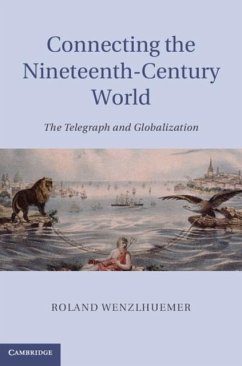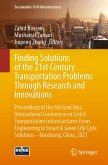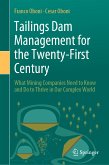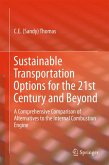By the end of the nineteenth century the global telegraph network had connected all continents and brought distant people into direct communication 'at the speed of thought' for the first time. Roland Wenzlhuemer here examines the links between the development of the telegraph and the paths of globalization, and the ways in which global spaces were transformed by this technological advance. His groundbreaking approach combines cultural studies with social science methodology, including evidence based on historical GIS mapping, to shed new light on both the structural conditions of the global telegraph network and the historical agency of its users. The book reveals what it meant for people to be telegraphically connected or unconnected, how people engaged with the technology, how the use of telegraphy affected communication itself and, ultimately, whether faster communication alone can explain the central role that telegraphy occupied in nineteenth-century globalization.
Dieser Download kann aus rechtlichen Gründen nur mit Rechnungsadresse in A, B, BG, CY, CZ, D, DK, EW, E, FIN, F, GR, HR, H, IRL, I, LT, L, LR, M, NL, PL, P, R, S, SLO, SK ausgeliefert werden.






